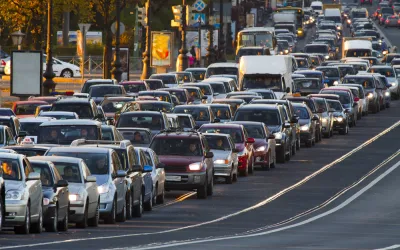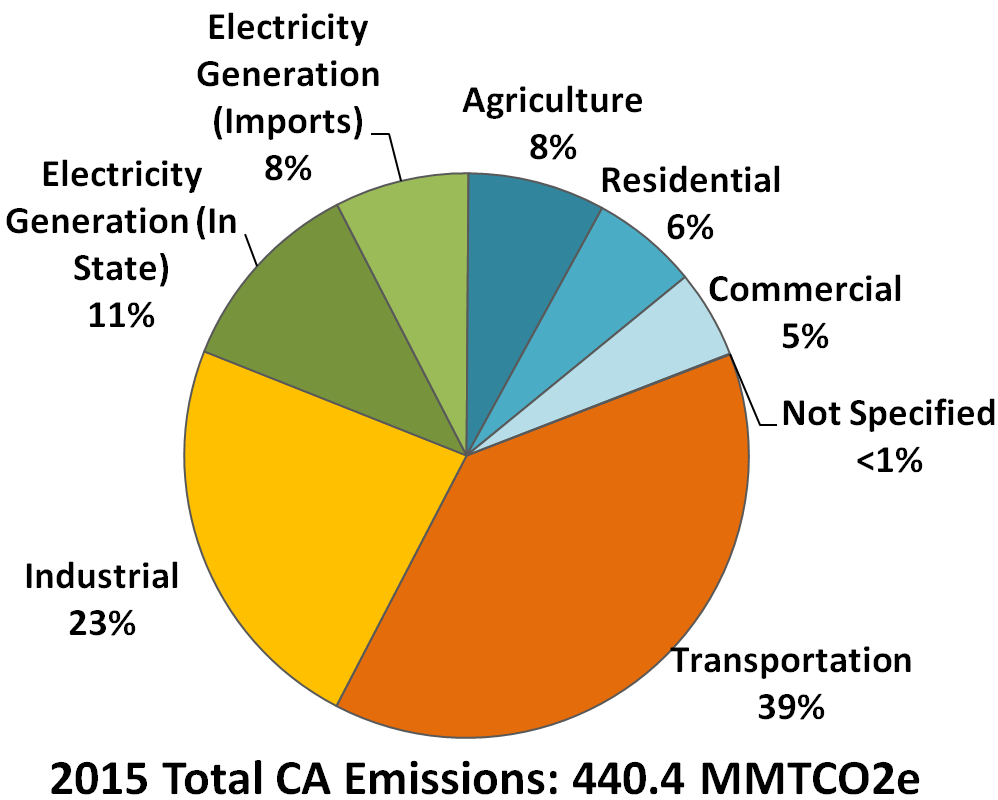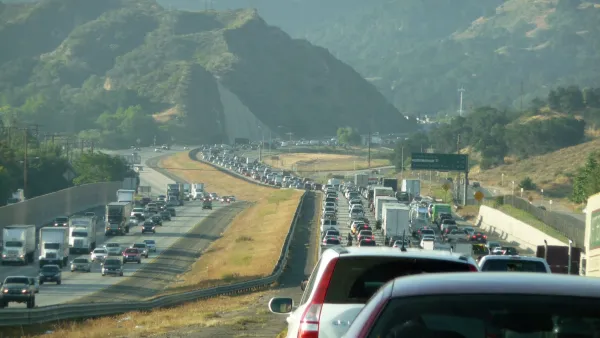Americans have increased their driving every year since 2011, and the first six months of 2017 were no different, increasing 1.6 percent compared to last year, according to data released Tuesday by the Federal Highway Administration.

Mileage in June alone increased 1.2 percent from June 2016, or 1 percent when seasonally adjusted, according to the June '"Traffic Volume Trends' report – a monthly estimate of U.S. road travel," reports Doug Hecox for the Federal Highway Administration (FHWA). "The estimates include passenger vehicle, bus and truck travel."
The reports breaks down the mileage data by region, with the West showing the greatest increase, 2.2 percent, and the Midwest reporting the smallest gain, 0.5 percent.
At 3.5 percent, Oklahoma led the nation with the largest unadjusted single-state traffic percent increase compared to the same month a year earlier, followed by Nevada and Kansas at 3.4 percent and 3.3 percent respectively. At 2.3 percent, Michigan had the nation’s largest unadjusted traffic decrease for the month.
As posted earlier this month on the release of the May data, vehicle miles traveled increased dramatically with the decrease in gasoline prices in 2014.
With the West leading the increase in driving, the new data can't be seen as good news for greenhouse gas regulators in California, who are concerned about the increasing emissions from the transportation sector, which account for 39 percent of total emissions.
Credit: California Air Resources Board (CARB) – Emissions by Sector, Greenhouse Gas Inventory
CARB reported in June on the 3 percent increase in transportation emissions in 2015, the latest year for which the state has detailed data on emissions. The increase threatens to derail attempts to meet the new emissions target of 40 percent reduction by 2030. Legislators are aware of the problem, and have proposed increasing state rebates for electric vehicles.
As far as reducing vehicle miles traveled by reducing commute distances, as suggested by a report released this month by Next 10, legislators are considering many bills to increase housing construction, particularly units that are affordable. Ben Adler of Capital Public Radio reports on a deal reached Monday night among legislators to advance a package of bills, including a $4 billion affordable housing bond to appear on November's ballot next year.
Related FHWA mileage posts in Planetizen:
- Another Month, Another Mileage Record Set, August 7, 2017
- Americans Continue Relentless Increase in Driving, December 12, 2016
FULL STORY: U.S. Driving Increases for Sixth Straight Year, New Federal Data Show

Analysis: Cybertruck Fatality Rate Far Exceeds That of Ford Pinto
The Tesla Cybertruck was recalled seven times last year.

National Parks Layoffs Will Cause Communities to Lose Billions
Thousands of essential park workers were laid off this week, just before the busy spring break season.

Retro-silient?: America’s First “Eco-burb,” The Woodlands Turns 50
A master-planned community north of Houston offers lessons on green infrastructure and resilient design, but falls short of its founder’s lofty affordability and walkability goals.

Test News Post 1
This is a summary

Analysis: Cybertruck Fatality Rate Far Exceeds That of Ford Pinto
The Tesla Cybertruck was recalled seven times last year.

Test News Headline 46
Test for the image on the front page.
Urban Design for Planners 1: Software Tools
This six-course series explores essential urban design concepts using open source software and equips planners with the tools they need to participate fully in the urban design process.
Planning for Universal Design
Learn the tools for implementing Universal Design in planning regulations.
EMC Planning Group, Inc.
Planetizen
Planetizen
Mpact (formerly Rail~Volution)
Great Falls Development Authority, Inc.
HUDs Office of Policy Development and Research
NYU Wagner Graduate School of Public Service





























